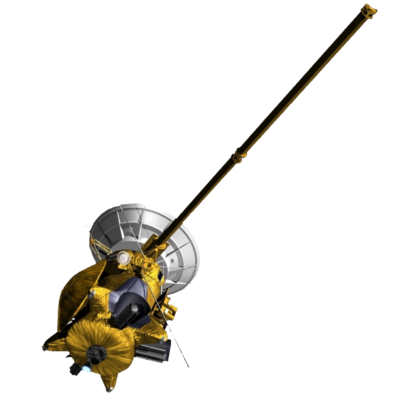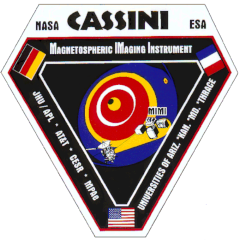Cassini MIMI Investigation at Fundamental Technologies
Historical MIMI Memos and Notes
Telemetry Modes and Allocations
(S. Jaskulek, MIMI team meeting, October 1994)
LEMMS Turntable
1 rotation per sector (86.25 s for nominal Pspin)
LEMMS Accumulator Rates
64 accumulators (16 bits --> 10 bits log compressed each)
4 high rate accumulators
transmitted every 2 microsectors,
i.e., every ~2.812º of t/t
rotation (0.674 s for nominal Pspin
:
59.3 bits/s
60 low rate
accumulators added internally in the DPU during 8
consecutive readouts,
i.e., every 22.5º of t/t rotation (5.391 s for nominal
Pspin)
:
111.3 bits/s
LEMMS PHA Data
64 energy
channels per detector x 3 detectors --> 192 channels
detector cycling: A,A,E,F
detector change every 2 microsectors
data added internally in the DPU during 4 consecutive
subsectors
(for typical telemetry rate)
i.e., data accumulated over 90º of t/t rotation (21.562 s
for nominal Pspin)
each channel 16 bits --> 8 bits log compressed
:
71.2 bits/s
(Data accumulated over 45º and 22.5º of t/t rotation for high and very high bit rates.)
Return to Telemetry Modes and Allocations main page.
Return to Historical MIMI Notes and Memos main page.
Return to Cassini
MIMI table of contents page.
Return to Fundamental
Technologies Home Page.
Updated 8/8/19, Cameron Crane
QUICK FACTS
Mission Duration: The Cassini-Huygens mission launched on October 15 1997, and ended on September 15 2017.
Destination: Cassini's destination was Saturn and its moons. The destination of the Huygens Probe's was Saturn's moon Titan.
Orbit: Cassini orbited Saturn for 13 years before diving between its rings and colliding with the planet on September 15th, 2017.



